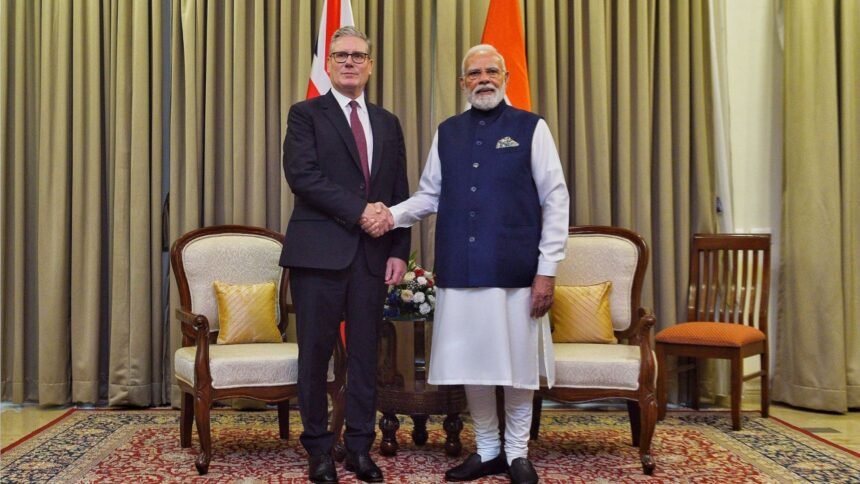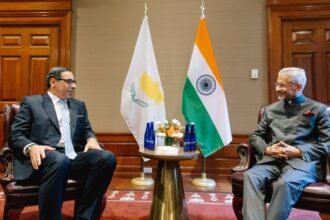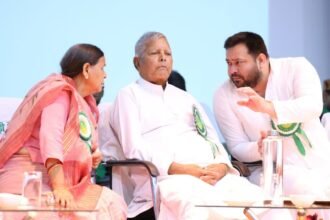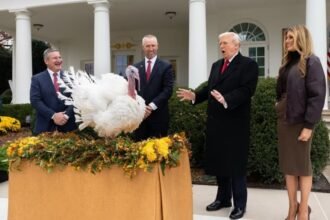Mumbai: British Prime Minister Keir Starmer, on his first official visit to India, met with Prime Minister Narendra Modi on Thursday to champion a new era of cooperation focused on trade, technology and investment. Accompanied by the “largest ever trade delegation from the UK” comprising over 125 business, academic and cultural leaders Starmer hailed the recently signed trade agreement as a “launchpad for growth”.
Prime Minister Modi welcomed Starmer’s visit as a symbol of “new vigour” in the India-UK partnership. In a joint press conference Modi stated “India’s dynamism and the UK’s expertise combine to create a unique synergy. Our partnership is trustworthy talent- and technology-driven”.
A central focus of the visit is the swift implementation of the India-UK Comprehensive Economic and Trade Agreement (CETA) signed in July. Starmer said he wants the deal implemented “as soon as humanly possible,” noting the “unparalleled” opportunities it presents as India is projected to become the world’s third-largest economy by 2028. The agreement is expected to significantly boost bilateral trade by lowering tariffs on a wide range of goods, from cars to Scotch whisky. The deal could increase trade by £25.5 billion by 2040.
Key outcomes and announcements from the visit include:
- Job Creation New deals secured during the visit are expected to create nearly 7,000 new jobs in the UK through Indian investment in sectors like technology and engineering.
- Educational Collaboration Nine British universities will establish campuses in India, with Lancaster University opening in Bengaluru and the University of Surrey in GIFT City Gujarat.
- Defence Cooperation An agreement on military training will see Indian Air Force flying instructors serve as trainers in the UK’s Royal Air Force.
Starmer also expressed significant interest in India’s digital public infrastructure praising the Aadhaar identity system as a “massive success”. He noted that the UK could learn from India’s model as it develops its own digital ID scheme to help reduce fraud and bureaucracy.
The visit aims to build a forward-looking partnership, moving beyond historical ties to focus on mutual economic prosperity and strategic alignment on global issues. While the focus remains firmly on economic cooperation, Starmer clarified that the new trade deal does not include new provisions for visas.















